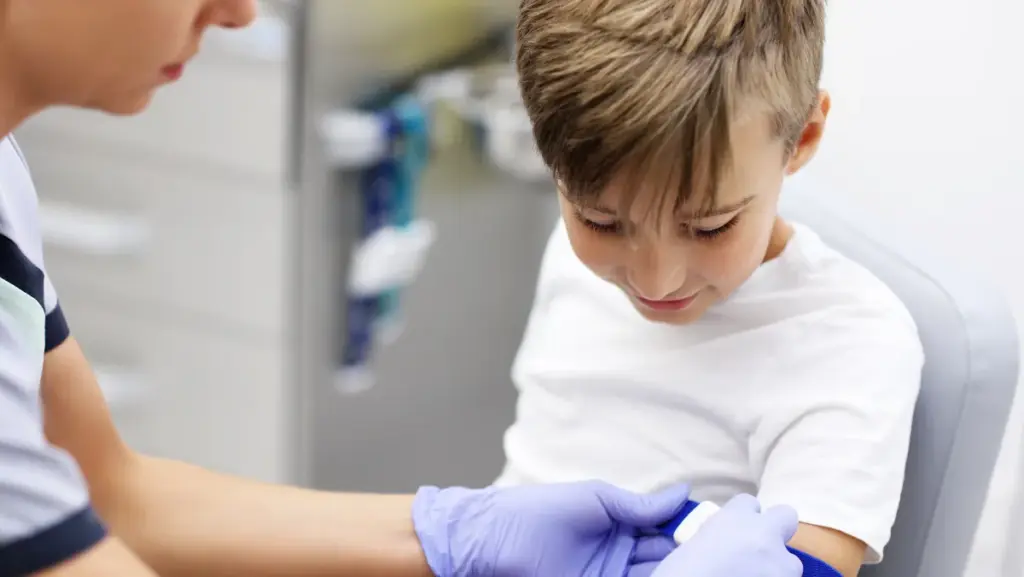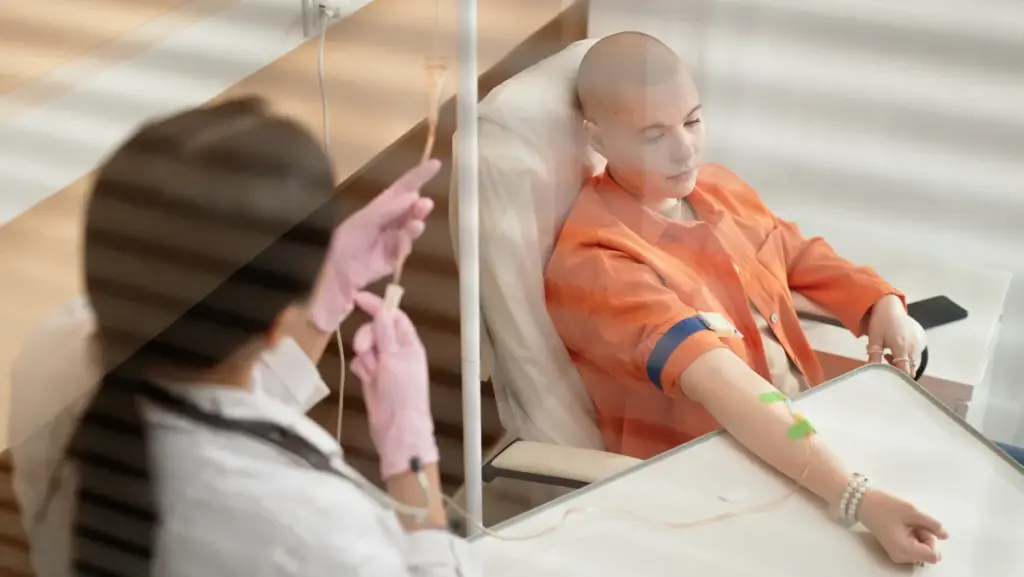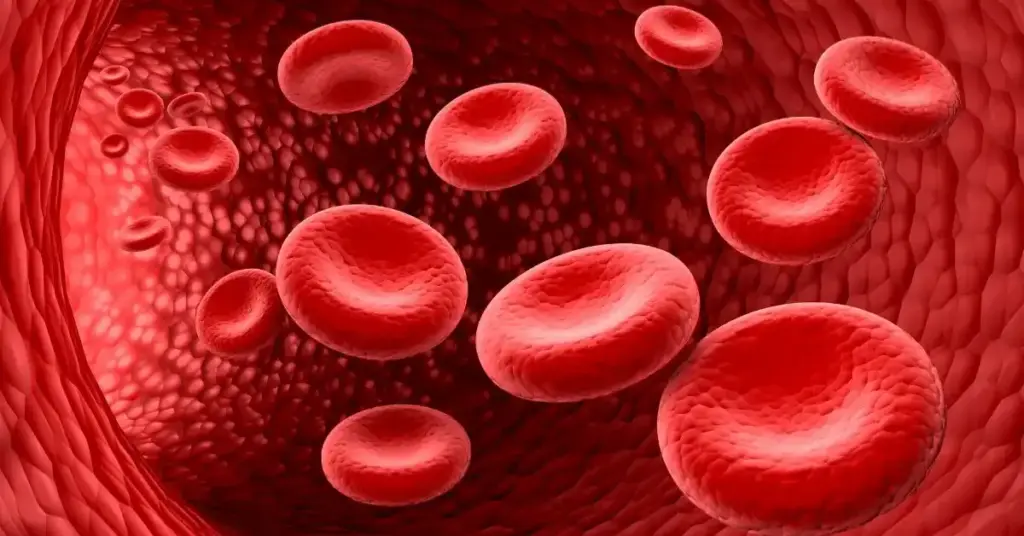
Colorectal cancer is one of the most common cancers worldwide, affecting the colon (large intestine) and the rectum. It begins when abnormal cells in the lining of the colon or rectum grow uncontrollably, forming polyps that may eventually develop into cancer. Globally, it ranks among the top three cancers in both men and women.
In India, colorectal cancer is on the rise due to changes in diet, lifestyle, and life expectancy. Though more prevalent in developed countries, rapid urbanization and sedentary habits are driving cases in developing regions. The positive news is that colorectal cancer is one of the most preventable and treatable cancers if detected early. Screening programs, awareness about lifestyle modifications, and advanced medical care have significantly improved outcomes for patients worldwide.
The colon and rectum form the last part of the digestive system. The colon absorbs water and nutrients, while the rectum stores waste before elimination. Colorectal cancer often develops gradually over several years, usually beginning as benign growths known as polyps. Not all polyps become cancerous, but some, especially adenomatous polyps, have a higher risk of turning malignant.
Colorectal cancer develops when genetic changes disrupt normal cell growth. These mutations may be inherited or acquired due to environmental and lifestyle factors.
The challenge with colorectal cancer is that symptoms may not appear until the disease is advanced. However, being alert to changes in bowel habits or persistent digestive issues is crucial.
Because these symptoms often overlap with non-cancerous conditions such as hemorrhoids or infections, proper medical evaluation is essential.
Early detection dramatically increases survival rates. Several diagnostic techniques help confirm or rule out colorectal cancer:
Liver function tests to check for spread to the liver.
Staging determines the extent of the disease and guides treatment decisions.
Treatment is customized based on stage, overall health, and specific tumor characteristics. A multidisciplinary approach combining surgery, medical oncology, and radiation oncology delivers the best outcomes.
For advanced stages, treatment focuses on improving quality of life, relieving pain, and managing symptoms.
The outlook for colorectal cancer has improved dramatically due to better screening and treatment options.
Prognosis also depends on factors like overall health, response to treatment, and genetic mutations within the tumor.
Colorectal cancer is one of the most preventable cancers with lifestyle changes and regular screening.
A diagnosis of colorectal cancer brings physical, emotional, and social challenges. Comprehensive care must extend beyond medical treatment.
Colorectal cancer is a major global health challenge but also one of the most preventable and treatable cancers when detected early. With timely screening, healthy lifestyle choices, and access to modern therapies, survival outcomes continue to improve.
Raising awareness about symptoms, encouraging routine colonoscopies, and embracing preventive care remain the strongest weapons against this disease.
Colorectal cancer is one of the most common cancers worldwide, affecting the colon (large intestine) and the rectum. It begins when abnormal cells in the lining of the colon or rectum grow uncontrollably, forming polyps that may eventually develop into cancer. Globally, it ranks among the top three cancers in both men and women.
In India, colorectal cancer is on the rise due to changes in diet, lifestyle, and life expectancy. Though more prevalent in developed countries, rapid urbanization and sedentary habits are driving cases in developing regions. The positive news is that colorectal cancer is one of the most preventable and treatable cancers if detected early. Screening programs, awareness about lifestyle modifications, and advanced medical care have significantly improved outcomes for patients worldwide.
Understanding Colorectal Cancer
Types of Colorectal Cancer
Causes and Risk Factors
Symptoms of Colorectal Cancer
Diagnosis of Colorectal Cancer
Staging of Colorectal Cancer
Treatment Options for Colorectal Cancer
Prognosis and Survival Rates
Prevention of Colorectal Cancer
Living with Colorectal Cancer
Conclusion
The colon and rectum form the last part of the digestive system. The colon absorbs water and nutrients, while the rectum stores waste before elimination. Colorectal cancer often develops gradually over several years, usually beginning as benign growths known as polyps. Not all polyps become cancerous, but some, especially adenomatous polyps, have a higher risk of turning malignant.
Colorectal cancer develops when genetic changes disrupt normal cell growth. These mutations may be inherited or acquired due to environmental and lifestyle factors.
The challenge with colorectal cancer is that symptoms may not appear until the disease is advanced. However, being alert to changes in bowel habits or persistent digestive issues is crucial.
Because these symptoms often overlap with non-cancerous conditions such as hemorrhoids or infections, proper medical evaluation is essential.
Early detection dramatically increases survival rates. Several diagnostic techniques help confirm or rule out colorectal cancer:
Liver function tests to check for spread to the liver.
Staging determines the extent of the disease and guides treatment decisions.
Treatment is customized based on stage, overall health, and specific tumor characteristics. A multidisciplinary approach combining surgery, medical oncology, and radiation oncology delivers the best outcomes.
For advanced stages, treatment focuses on improving quality of life, relieving pain, and managing symptoms.
The outlook for colorectal cancer has improved dramatically due to better screening and treatment options.
Prognosis also depends on factors like overall health, response to treatment, and genetic mutations within the tumor.
Colorectal cancer is one of the most preventable cancers with lifestyle changes and regular screening.
A diagnosis of colorectal cancer brings physical, emotional, and social challenges. Comprehensive care must extend beyond medical treatment.
Colorectal cancer is a major global health challenge but also one of the most preventable and treatable cancers when detected early. With timely screening, healthy lifestyle choices, and access to modern therapies, survival outcomes continue to improve.
Raising awareness about symptoms, encouraging routine colonoscopies, and embracing preventive care remain the strongest weapons against this disease.





